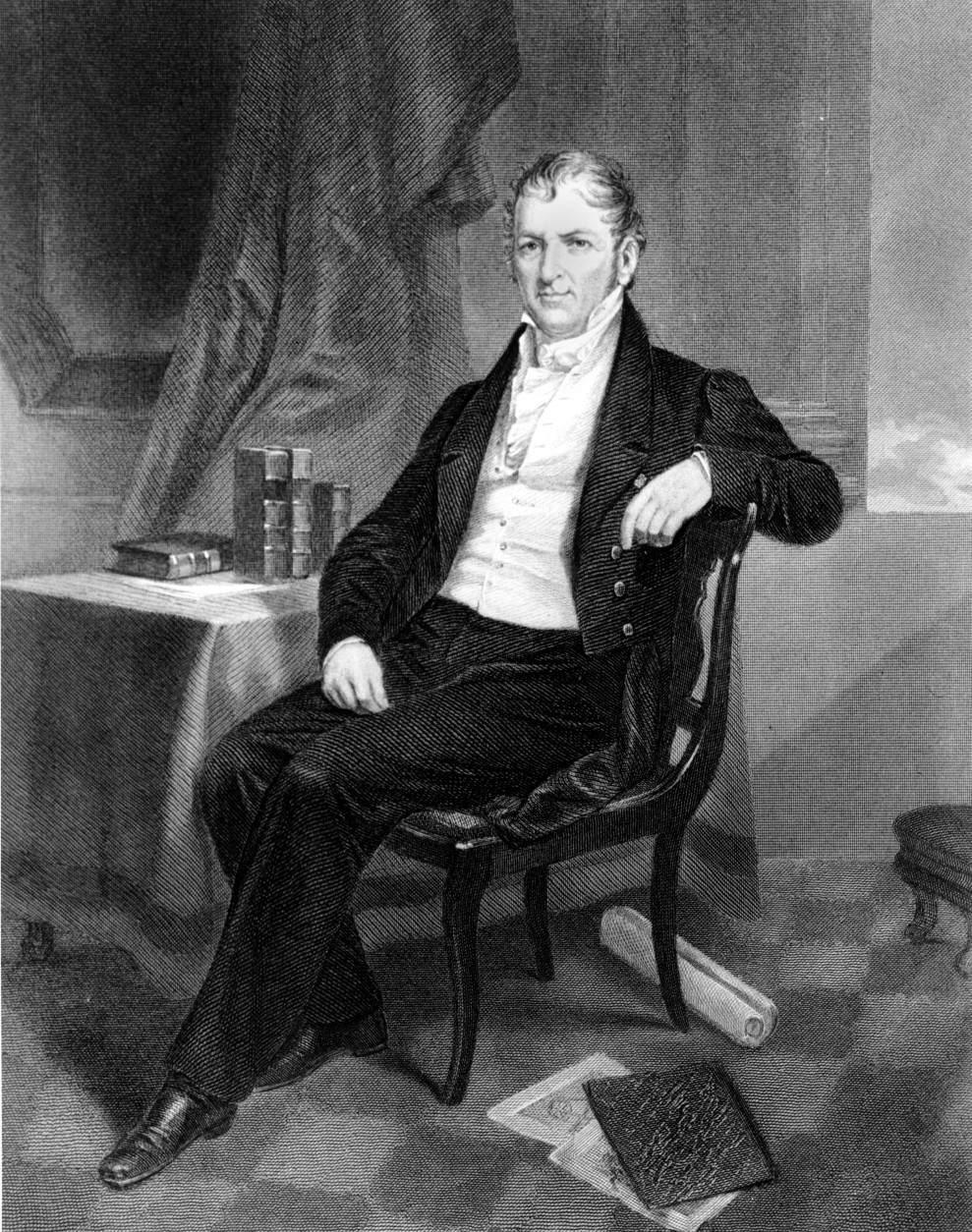
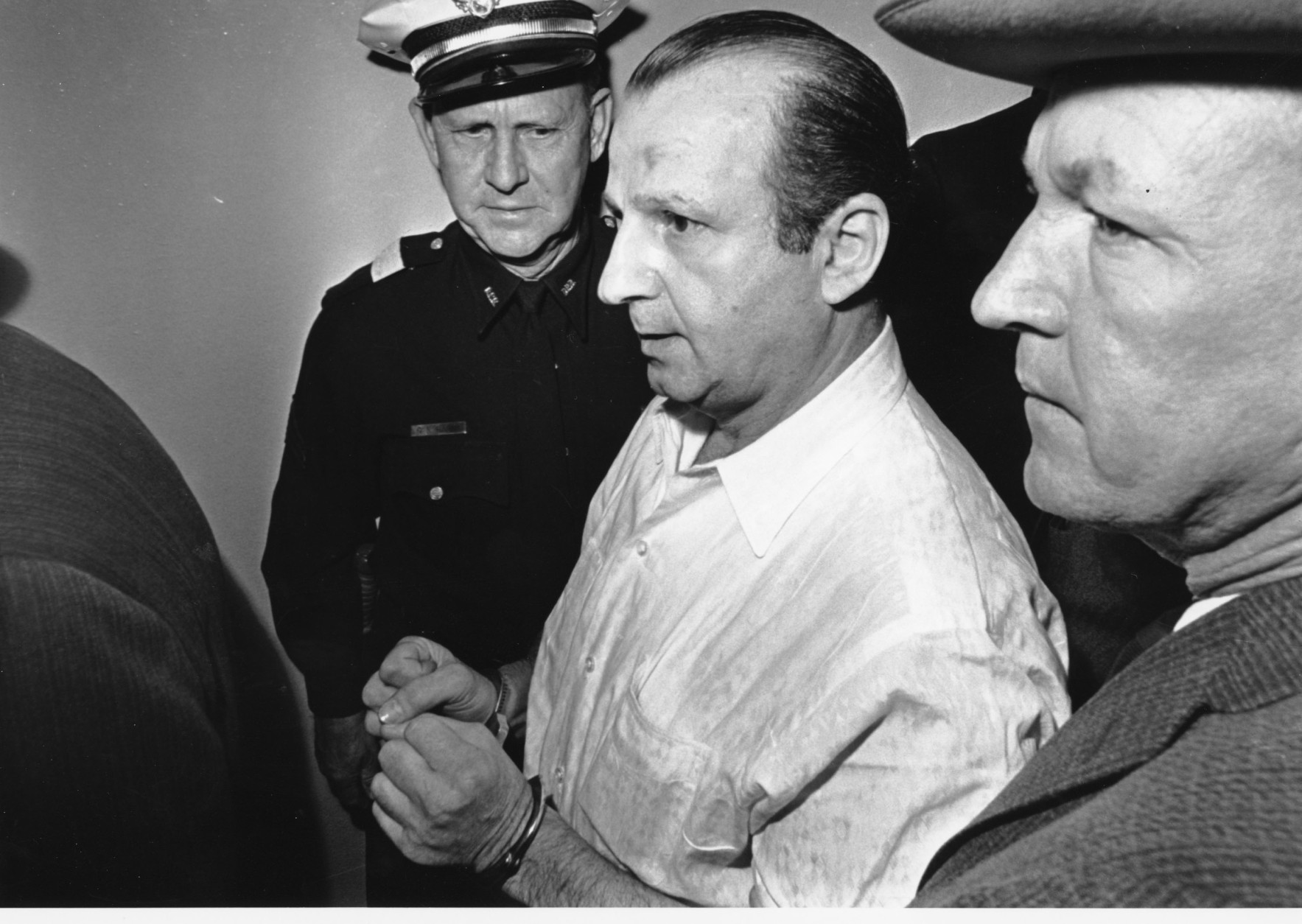
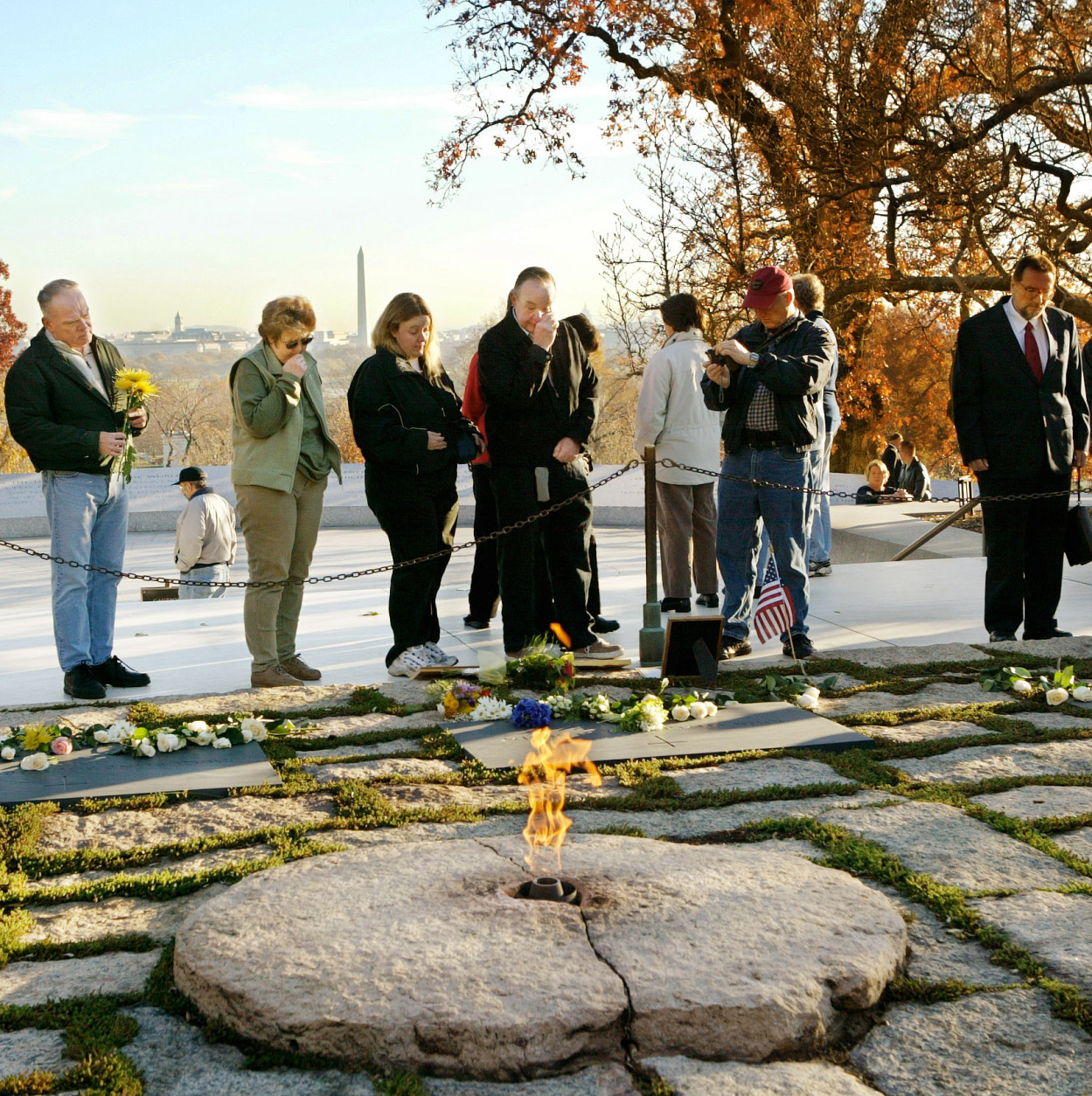
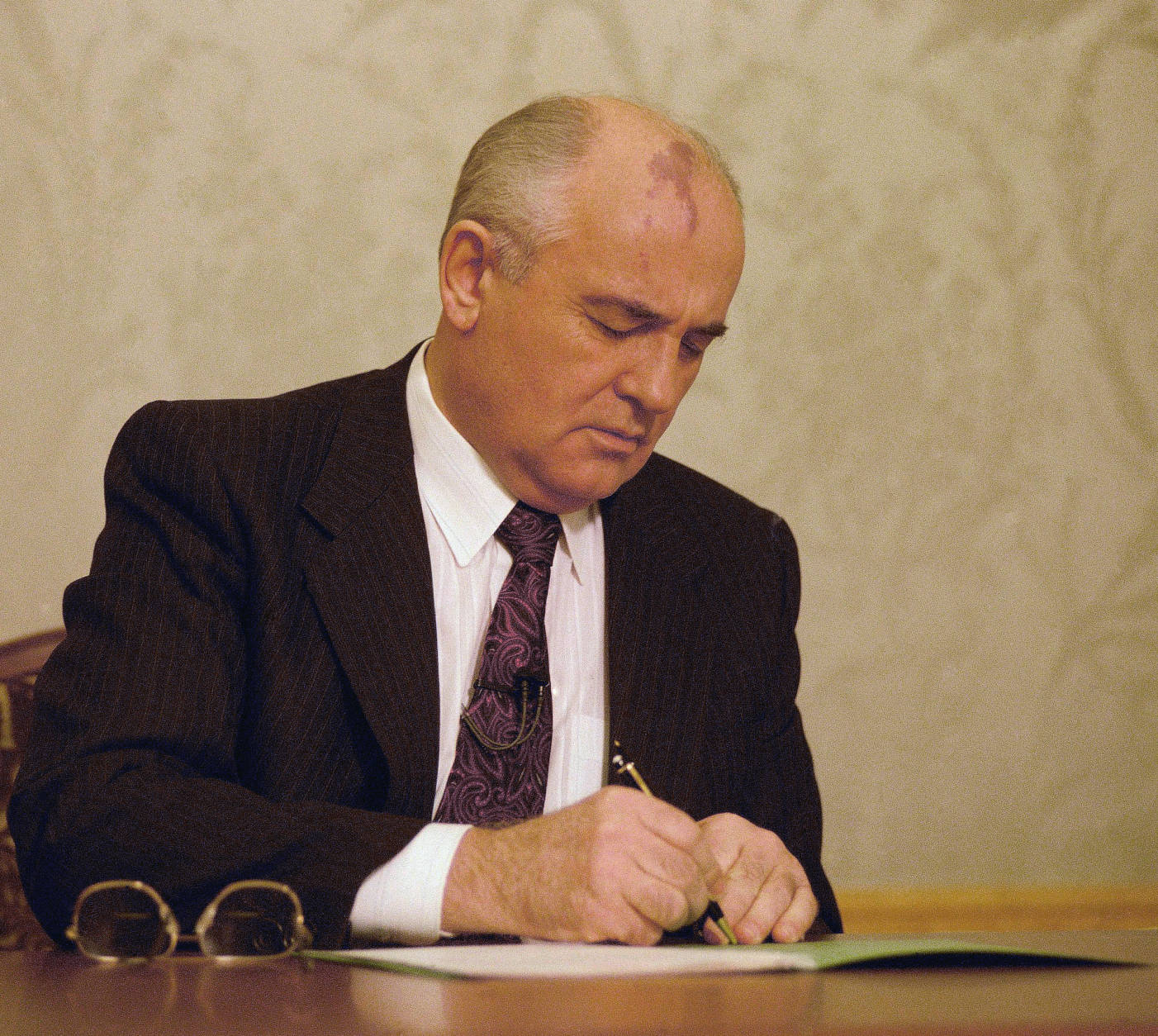
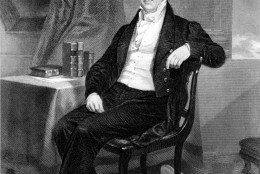
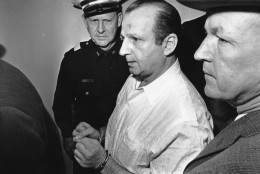
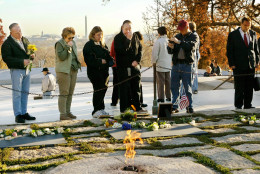
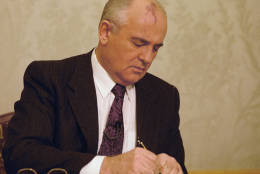
Today is Thursday, March 14, the 73rd day of 2019.
Today’s Highlight in History:
On March 14, 1964, a jury in Dallas found Jack Ruby guilty of murdering Lee Harvey Oswald, the accused assassin of President John F. Kennedy, and sentenced him to death. (Both the conviction and death sentence were overturned, but Ruby died before he could be retried.)
On this date:
In 1794, Eli Whitney received a patent for his cotton gin, an invention that revolutionized America’s cotton industry.
In 1883, German political philosopher Karl Marx died in London at age 64.
In 1885, the Gilbert and Sullivan comic opera “The Mikado” premiered at the Savoy Theatre in London.
In 1900, Congress ratified the Gold Standard Act.
In 1907, President Theodore Roosevelt signed an executive order designed to prevent Japanese laborers from immigrating to the United States as part of a “gentlemen’s agreement” with Japan.
In 1962, Democrat Edward M. Kennedy officially launched in Boston his successful candidacy for the U.S. Senate seat from Massachusetts once held by his brother, President John F. Kennedy. (Edward Kennedy served in the Senate for nearly 47 years.)
In 1965, Israel’s cabinet formally approved establishment of diplomatic relations with West Germany.
In 1967, the body of President John F. Kennedy was moved from a temporary grave to a permanent memorial site at Arlington National Cemetery in Virginia.
In 1980, a LOT Polish Airlines jet crashed while attempting to land in Warsaw, killing all 87 people aboard, including 22 members of a U.S. amateur boxing team.
In 1990, the Soviet Congress of People’s Deputies held a secret ballot that elected Mikhail S. Gorbachev to a new, powerful presidency.
In 1998, India’s Congress party picked Sonia Gandhi, the Italian-born widow of assassinated prime minister Rajiv Gandhi, as its new president.
In 2008, Democratic presidential candidate Barack Obama denounced inflammatory remarks from his pastor, the Rev. Jeremiah Wright, who had railed against the United States and accused its leaders of bringing on the Sept. 11 attacks by spreading terrorism.
Ten years ago: President Barack Obama met at the White House with Brazilian President Luiz Inacio Lula da Silva (loo-EEZ’ ee-NAH’-see-oh LOO’-luh duh SEEL’-vuh); afterward, Obama downplayed divisions between the U.S. and Europe over how to tackle the world’s financial crisis. Finance officials from rich and developing countries, meeting in Horsham, England, pledged to do “whatever is necessary” to fix the global economy. Altovise Joanne Gore Davis, a dancer and actress and the widow of Sammy Davis Jr., died in Los Angeles at age 65.
Five years ago: The West braced for a vote by the Crimean Peninsula to secede from Ukraine; calling the results all but a foregone conclusion, U.S. Secretary of State John Kerry urged Russia’s parliament against accepting any offer to claim Crimea as its own. Tony Benn, 88, a committed socialist who irritated and fascinated Britons through a political career spanning five decades, died in London.
One year ago: Tens of thousands of students across the country walked out of their classrooms to demand action on gun violence and school safety; the action came a month after the shooting that killed 17 people at Marjory Stoneman Douglas High School in Parkland, Florida. Stephen Hawking, the best-known theoretical physicist of his time, died at his home in Cambridge, England, at the age of 76; he had stunned doctors by living with the normally fatal illness ALS for more than 50 years. President Donald Trump chose Larry Kudlow, a longtime fixture on the CNBC business news network, to be his top economic aide.
Copyright © 2026 The Associated Press. All rights reserved. This material may not be published, broadcast, written or redistributed.







